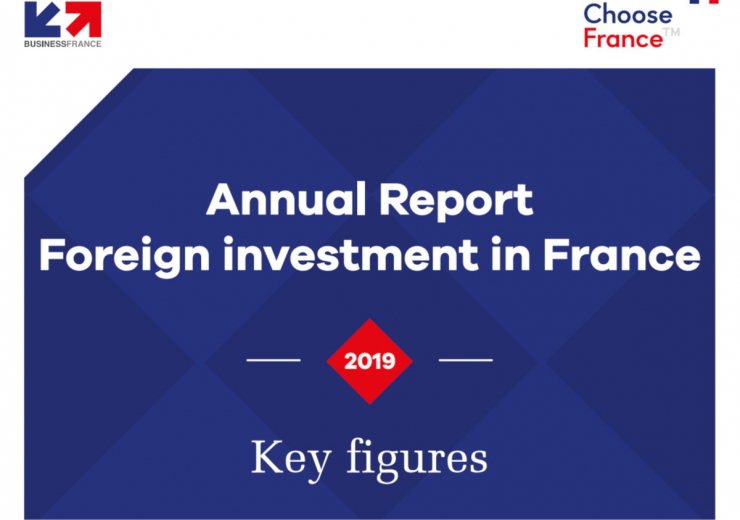
Blockchain and no/low code technologies, while emerging and still in the exploration phase, have particularly significant potential for SMEs and VSEs. They are going to play an essential role in many sectors of activity and will have many uses. These are the findings of a study, commissioned by the Atlantic France regional council and carried out by its economic development agency, Solutions&co, which was based on interviews with around thirty experts. After decoding cybersecurity and Artificial Intelligence (AI), this article focuses on blockchain and no code.
Blockchain: specialists already established in the Atlantic France region
Blockchain is a technology for storing and transmitting information so that a record of all transactions can be kept in a decentralised, secure, and transparent space. More specifically, it enables users who are connected to a network to share data without an intermediary. First introduced just over 10 years ago, blockchain offers a number of advantages, including the speed of transactions, the security of the system, and gains in productivity and efficiency.
What are the main uses and challenges?
Today, the most widespread use of blockchain is in the banking sector. Historically, the technology was developed to support transactions carried out via cryptocurrencies (of which bitcoin is the best-known form). However, blockchain represents a major innovation and can be used in many other fields.
The 5 main sectors concerned:
- Finance / Banking / Insurance: validating transactions without intermediaries and simplifying procedures
- Food: ensuring product traceability in the supply chain
- Transport and Logistics: tracing containers and goods
- Luxury goods: combating the risks of counterfeiting
- Healthcare: enabling complete decentralised storage of medical records
Blockchain has a wide range of applications, and although the technology is still being developed, solutions are already in place for the aforementioned challenges. However, to ensure optimal future development, three major issues need to be addressed:
- Spreading the word: the need to popularise the subject matter in order to make it accessible
- Providing a framework: legislative issues still need to be resolved
- Training: few training courses are offered and the courses need to be developed
What is the state of the blockchain market in the Atlantic France region?
Although the United States is dominating the market, more than a hundred companies are already using blockchain applications in France. Atlantic France is home to a number of specialists in this technology, including Emblock, Metav.rs, Veritise, Ocode, and Younup. These local players offer solutions in the areas of traceability, identification, data collection, and analysis, and they also help companies step up their game in this area.
Modular technology, traceability, data control, low-cost storage – the expected benefits for the region’s SMEs and major groups are numerous, and some companies are already applying them:
- LU uses blockchain to show consumers the various stages of the manufacturing of its Petit Beurre biscuits.
- Owkin has launched the Substra project to speed up research and make better use of medical data thanks to artificial intelligence (AI) and blockchain.
No code / low code: undeniable potential for SMEs in the Atlantic France region
No code is a technology based on one principle: it’s easy to become familiar with and to use. It enables digital solutions to be created using visual modelling and configuration tools, with little to no coding. The pledge of no code is to enable as many people as possible to deploy simple digital projects quickly, without the need for developers. It meets the needs of businesses in terms of automating their workflow and designing custom software at a faster rate than traditional coding approaches.
What are the main uses and challenges of no code?
While the first attempts to create applications without programming date back to the early 1990s, the health crisis of 2020 had an impact on the development of this trend, with the strong growth of e-commerce. Indeed, many restaurants and shops have had to rapidly develop their online presence in order to continue generating business. Today, this trend is set to grow stronger thanks to a combination of factors:
- The digital transformation of businesses
- The rise of hyperautomation
- The ability to easily reorganise business processes using existing building blocks
The stakes are therefore high, and the outlook for the future is very encouraging:
- A solution to organisational change: the shortage of developers should lead IT departments to deploy this technology more intensively at a time when business teams have growing needs.
- A positive social impact: the development of no code should make it possible to reach out to more talented people, offer retraining to less technical profiles, and enhance people’s employability.
What is the state of the no code/low code market in Atlantic France?
Closely linked to Artificial Intelligence, the no code/low code market is currently dominated by the United States. France is doing well, with sales estimated at several tens of millions of euros. In fact, France ranks third in the world in terms of community size.
In the Atlantic France region, the ecosystem is becoming increasingly dense, and the community and public authorities have realised the value of this innovative technology. Local experts such as Nocode Factory, Otonum, Datapix, Digital Corner, and Webfresk are already well-positioned in this buoyant market.
Saving time, reducing financial costs, and responding to HR shortages, no code / low code has a lot going for it among the region’s VSEs and SMEs, and their interest is always growing.
Are you looking to develop a project related to emerging digital technologies?
Are you looking for a region to set up in that offers you every chance of success?


 日本語
日本語  Français
Français 


